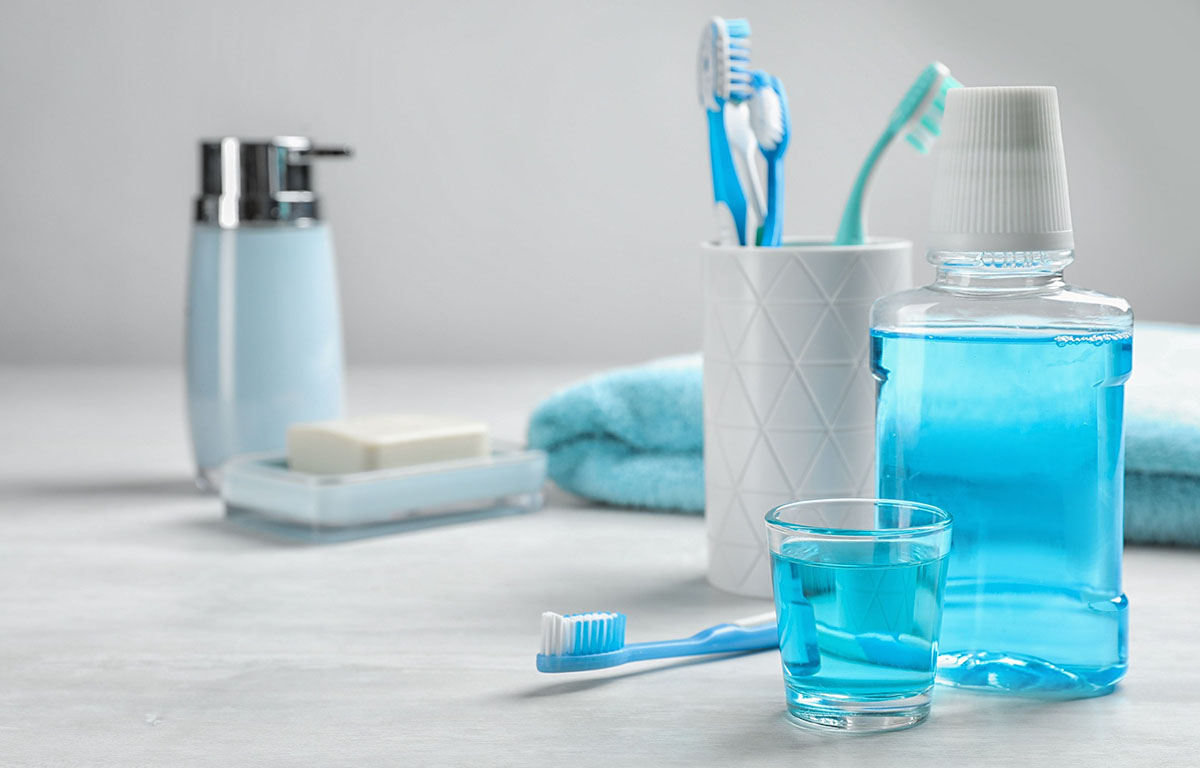
TMJ Treatment at Antalya Dental Hospital, Turkey
TMJ Treatment: What Are They, Benefits and Cost
In some cases, the symptoms of TMJ disorders may go away without treatment. If your symptoms persist, your doctor may recommend a variety of treatment options, often more than one to be done at the same time.
Your doctor or dentist will discuss your symptoms and examine your jaw. He or she will probably:
- Listen to and feel your jaw when you open and close your mouth
- Observe the range of motion in your jaw
- Press on areas around your jaw to identify sites of pain or discomfort
If your doctor or dentist suspects a problem, you may need:
- Dental X-rays to examine your teeth and jaw
- CT scan to provide detailed images of the bones involved in the joint
- MRI to reveal problems with the joint’s disk or surrounding soft tissue
- TMJ arthroscopy is sometimes used in the diagnosis of a TMJ disorder. During TMJ arthroscopy, your doctor inserts a small thin tube (cannula) into the joint space, and a small camera (arthroscope) is then inserted to view the area and to help determine a diagnosis.
Don’t worry.
We’ll take care of it.
The temporomandibular joint, or TMJ, are the joints located on each side of the head where the skull and lower jaw meet. It is the most constantly used joint in our body, allowing us to open and close our mouth, speak and chew.
Any problem that prevents TMJ to work properly may result in TMJ disorders. Oftentimes, TMJ disorders have long-term symptoms that can affect a patient’s quality of life.
Possible causes of TMJ disorders include arthritis, injuries, displacement of the disc located between the jawbone and the socket, stress and teeth grinding (bruxism).
Symptoms of TMJ Disorders
- difficulty in opening and closing the mouth
- pain in the jaw and cheekbones
- pain when eating
- earaches or ringing in the ears
- frequent headaches
- clicking sounds when opening and closing the mouth
- changes in the way your teeth fit together when you bite
- discomfort in your neck and shoulders
- problems when moving the jaw side to side or forward
- pain when touching the TMJ area or jaw muscles
If your symptoms persist, your dentist may recommend a variety of treatment options.
Treatments of TMJ Disorders
Diagnosing TMJ disorders can be complex and may require different procedures. Depending on the diagnosis, we may recommend stress management, bite plate or splint therapy or short-term non-steroidal anti-inflammatory drugs to relieve the pain and to relax the muscles.
If these are unsuccessful, we may refer you to our TMJ specialist or our Oral & Maxillofacial Surgeon for other treatment options. A surgical approach may include arthroscopy, arthrocentesis, or joint reconstruction.
Need more advice?
If you need free and impartial advice about your oral health, contact our Antalya Dental Hospital Helpline by email or call +90 242-999-1227 (local rate call in the Turkey).
Our Antalya Dental Hospital Helpline is completely confidential and has helped almost 20,000+ people. Contact our experts by telephone, email or online enquiry, Monday to Friday, 08:00 - 18:00.
Frequently Asked Questions About Dental Health
FAQs
Our FAQs are the most commonly-asked questions put to our Dental Helpline over the last year. If you have a question for us, you can ask our Dental Helpline by telephone or email. Alternatively, please take a look at our library of oral health information, which contains a wide range of oral health advice in an easy-to-understand Q&A format.
The mercury in dental amalgam is not poisonous once it is combined with the other materials in the filling. Its chemical nature changes so that it is harmless.
Research into the safety of dental amalgam has been carried out for over 100 years. So far, no reputable ‘controlled’ studies have found a connection between amalgam fillings and any medical problem.
‘Adhesive dentistry’ involves bonding the filling to the tooth. The dental team have to remove less of the tooth, which is obviously better.
As we have already said, there are alternatives such as crowns and inlays, although they can cost a lot more. Veneers can be used on front teeth instead of crowns or fillings.
Dental hygienists are mainly concerned with ‘preventive’ dental health and treating gum disease – showing you correct home care and helping you to keep your teeth and gums healthy. This includes professionally cleaning your teeth by removing plaque and tartar (usually called a ‘scale and polish’ or a prophylaxis). However, perhaps their most important role is showing you the best way to keep your teeth free of plaque. Plaque is a sticky coating that forms constantly on your teeth. Hygienists also give advice about diet and about preventing tooth decay. The hygienist will work with your dental team to give you the care that is tailored to your needs.
Your teeth can get fluoride in a number of different ways, including from toothpaste, specific fluoride applications and perhaps the drinking water in your area. These can all help to prevent tooth decay.
If you are unsure about how much fluoride you need in your toothpaste ask your dental team.
All children up to three years old should use a smear of toothpaste with a fluoride level of at least 1000ppm (parts per million). After three years old, they should use a pea-sized amount of toothpaste that contains 1350ppm to 1500ppm.
You can check the level of fluoride on the packaging of the toothpaste. Children should be supervised when brushing up to the age of 7. You should make sure that they do not rinse but spit out the toothpaste, and that they don’t swallow any if possible. This way the fluoride stays in the mouth for longer and will be more effective.
Your Best Smile Starts Here
Follow along as Antalya Dental Hospital expert dentists share the latest oral health trends that impact you and your family’s overall health. Dentistry and Oral Health Blog is a rich source of information about dentistry, dental care, tips, news and more. Subscribe to our blog, newsroom and social media.







